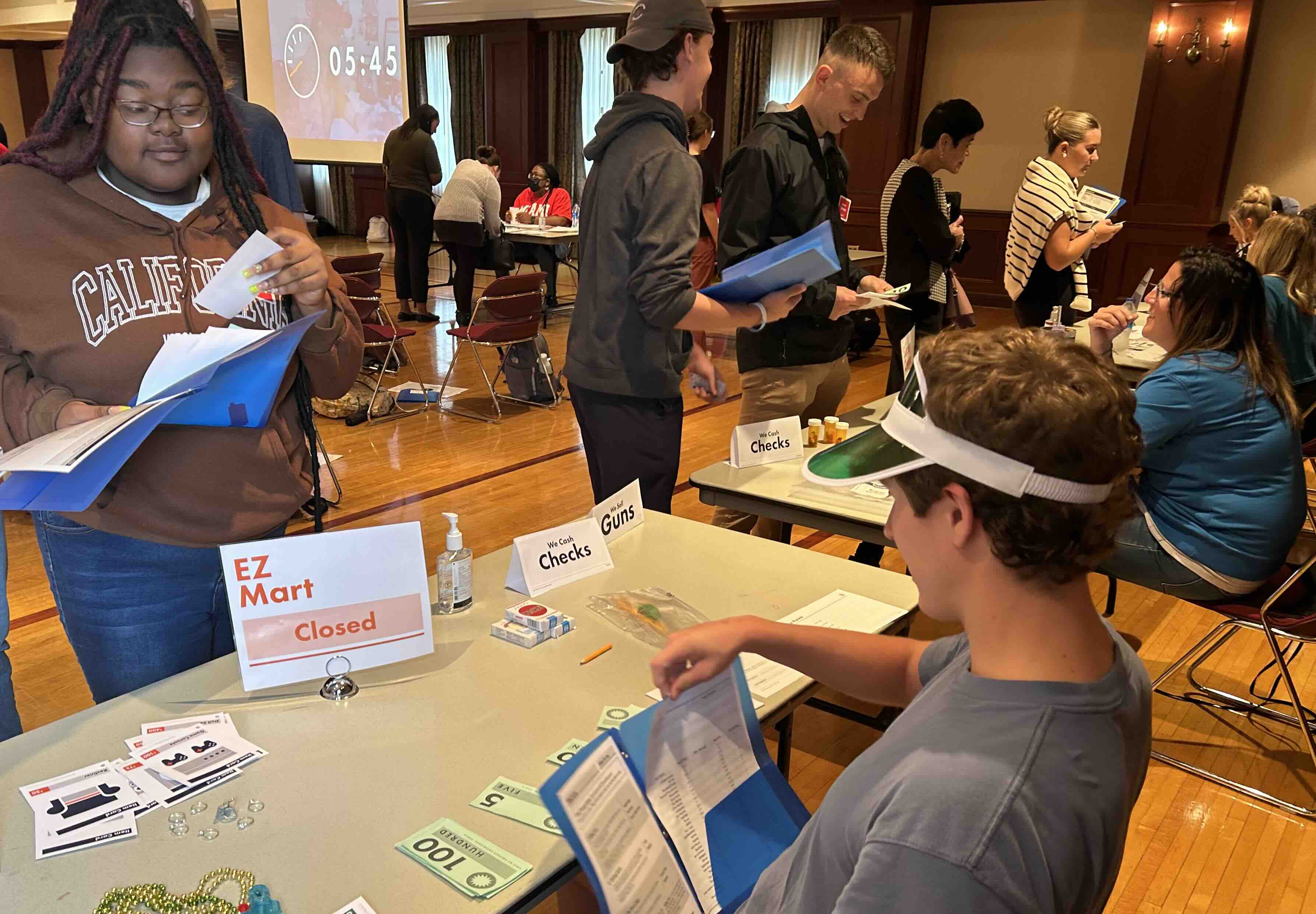Research and Scholarship
We are committed to conducting research which addresses the gaps in the literature on children, caregivers, and families affected by incarceration.

The Center for the Study and Support of Children and Families of the Incarcerated (CSSCFI) in the Department of Psychology at Miami University is committed to solution-focused research, practice, and pedagogy that can have a substantial impact on the lives and well-being of returning citizens and their children and families.
The Center for the Study and Support of Children and Families of the Incarcerated (CSSCFI) developed out of an awareness by scholars from Miami University and practitioners in the Butler/Warren Country areas of the growing number of children and families experiencing the incarceration of a parent and or parents in Ohio.
Based on data released by the Annie E. Casey foundation (2016) 271,000 children in Ohio have experienced some form of parental incarceration and on a national level, statistically, Ohio ranks number 4, behind Florida, Texas, and California in the number of children who have experienced parental incarceration.
The CSSCFI unites scholars and community partners from varied academic backgrounds to conduct
research on children with parents in the criminal justice system, and to advocate for the needs of
children of incarcerated parents and their caretakers.
All children, caregivers, and families impacted by incarceration are recognized, valued,
and supported without stigmatizing or stereotyping through solution-focused, evidence-informed
research, practice, and pedagogy.
Children, caregivers, and families impacted by incarceration thrive.
Unfortunately, having a parent in the criminal justice system is now considered to be a normative life event for many U. S. children.
We are committed to conducting research which addresses the gaps in the literature on children, caregivers, and families affected by incarceration.
We value our community partners and are committed to providing technical assistance to support their development and evaluation of mentoring and support programs for incarcerated and returning citizens and their children, caregivers, and families.
We recognize to need to advance positive views of children, caregivers, and families affected by incarceration and will strive to serve as a forum for policy amendment and change.
We believe in the importance of providing resources to incarcerated and returning citizens, their children, caregivers, families, and professionals working with children, caregivers, and families affected by incarceration.
We are committed to creating an online resource library open to the public so that any and all
individuals can obtain the necessary information, tools, and assistance with learning about children, caregivers, and families affected by incarceration.
We believe in the importance of providing education and training to incarcerated and returning citizens, their children, caregivers, families, and professionals working with children, caregivers, and families affected by incarceration.
We also believe in the importance of educating and training undergraduate and graduate students who want to become knowledgeable about the impact of incarceration on children, caregivers, and families.
Think-tank and Miami University’s Center for the Study and Support of Children and Families of the Incarcerated (CSSCFI) hosted a reentry simulation event on September 27th, 2023, at the Oxford campus. For two hours, participants experienced a mock simulation of the lives of returning citizens and their families, during the 3 months of incarceration and release back into the community. This team wanted to provide participants with a snapshot of the issues returning citizens face, and what opportunities look like for them. The portrayals of real stories of returning citizens, goes beyond the typical stereotype of what is seen on the news or written about in the paper. Also captured in the experience was the role that the broader communities play as they engage with these individuals and families, and how policies and systems either help or hinder progress. Overall, the simulation was a fantastic experiential learning event that taught participants about the justice reentry process, illustrated the struggles encountered by many, and invoked empathy and understanding about the life-changing process.
